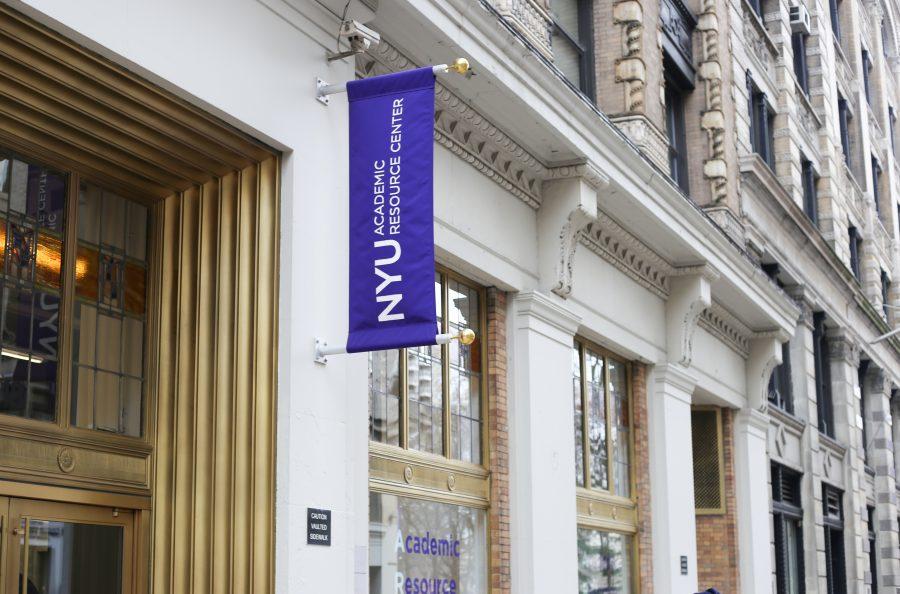Over 1,000 students were helped by NYU’s Courtesy Meals Program last semester, according to data released to WSN. The program seeks to aid students facing temporary food shortage by providing them 75 Dining Dollars, no questions asked.
The program was conceived by the Food Insecurity Workgroup comprised of students, faculty and administrators in the spring of 2016, and began that fall semester. However, it was not widely publicized by the university until two years later.
Senior Vice President for Student Affairs Marc Wais, who convened and chaired the Food Insecurity Work Group, said around 30 to 40 students used the program in previous semesters. Last semester, 1,165 unique students used it, according to a report by Wais and Assistant Vice President for Campus Services Owen Moore.
Alternate Senator-at-Large for students experiencing food insecurity Jakiyah Bradley said that she hopes the increase in usage will correlate to an increase in discussion.
“Students are beginning to warm up to this program as we just experienced the first semester where it was publicly promoted by the University,” Bradley wrote in an email to WSN. “I find it crucial to have conversations about the varying degrees of food insecurity that students face alongside analyzing usage of the program.”
The data lists how many students used the program between one and five times. Of the 1,165 students who used the program, 1,039 used it once and 31 used it more than twice.
Steinhardt Clinical Associate Professor Domingo Piñero, who was a part of the initial Food Insecurity Workgroup, said that this suggests most students using the program are facing a more acute form of food insecurity.
“My feeling based on what I had heard in the meetings was that there were people who had acute needs, meaning they would need the service maybe once, twice, and then there were really not that many people who had long term needs,” Piñero said. “These numbers seem to show that.”
However, Piñero went on to say that the delayed advertising of the program may have contributed to these numbers. Between mid-November and the end of the semester, usage rose from 543 to 1,165 students, with more students using the program as the semester progressed.
Piñero said he would expect an increase in people who use the program two or three times this spring because more people may know about it from the start of the semester.
“I would like to see the data in May because that’s when you will have a full semester with the information available to everybody,” Piñero said. “At that point, I expect to see more of the two and three times users.”
The data also shows that more international students use the program comparatively, making up about 34 percent of the program’s usage but just under 20 percent of the student body, according to data from 2013. Lack of available resources for food-insecure international students was also highlighted at a town hall Bradley hosted to discuss food insecurity at NYU last semester.
Piñero said that the data leads him to believe that the Courtesy Meals Program should be offered and publicized through the Office of Global Services, which provides services to international students.
“[International students] go to that office at least once a semester,” Piñero said. “Since they tend to be isolated a little bit from the rest of the community, maybe this service should be offered through OGS.”
Another topic of the town hall was long-term assistance for students experiencing food insecurity. Originally, the Courtesy Meals Program was meant to provide short-term aid, but Wais has suggested that it may expand beyond its original purpose.
“The Courtesy Meals program provides short-term meal assistance to any student in need, and we expect that the Courtesy Meals program will provide a pathway for us to assist any students with chronic, longer-term food insecurity issues,” Wais wrote in a statement to WSN.
Wais went on to say that food insecurity is something the university should continue to look at over the course of this semester.
“Food insecurity is a national issue on almost all college campuses, and the use of the Courtesy Meals program by 1,165 individuals last semester clearly suggests that it is an issue on which NYU should continue to remain focused,” the statement reads.
A version of this article appeared in the Monday, Jan. 28, 2019, print edition. Email Victor Porcelli at [email protected].


























































































































































